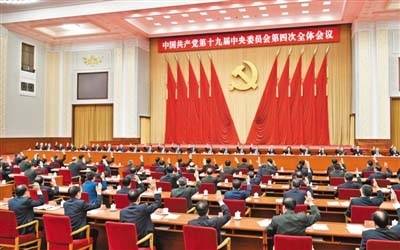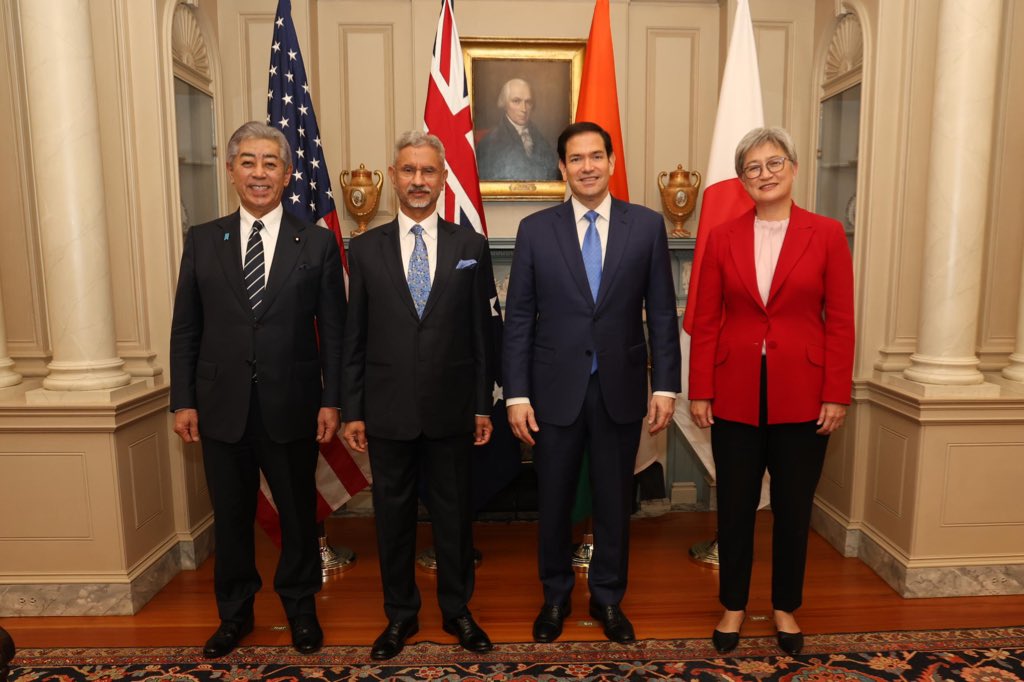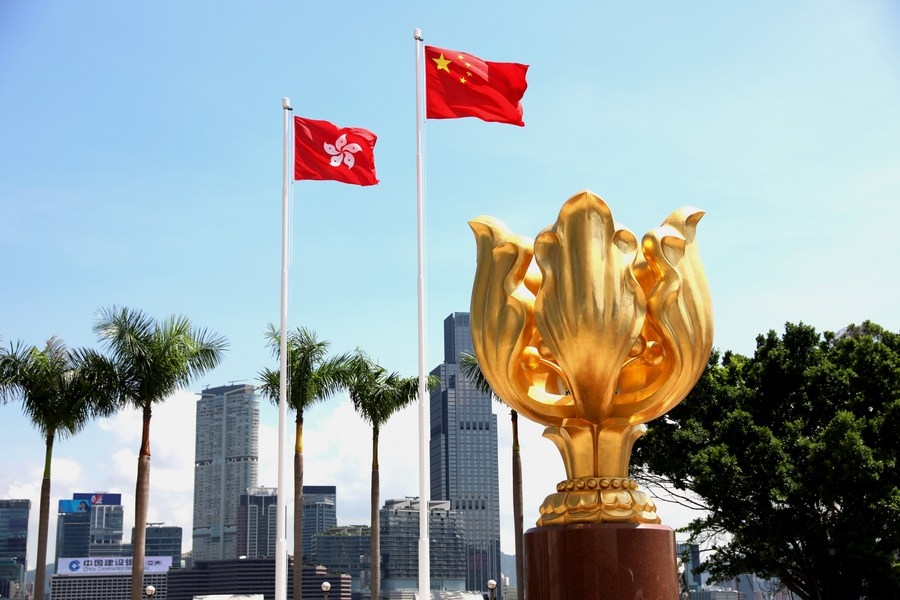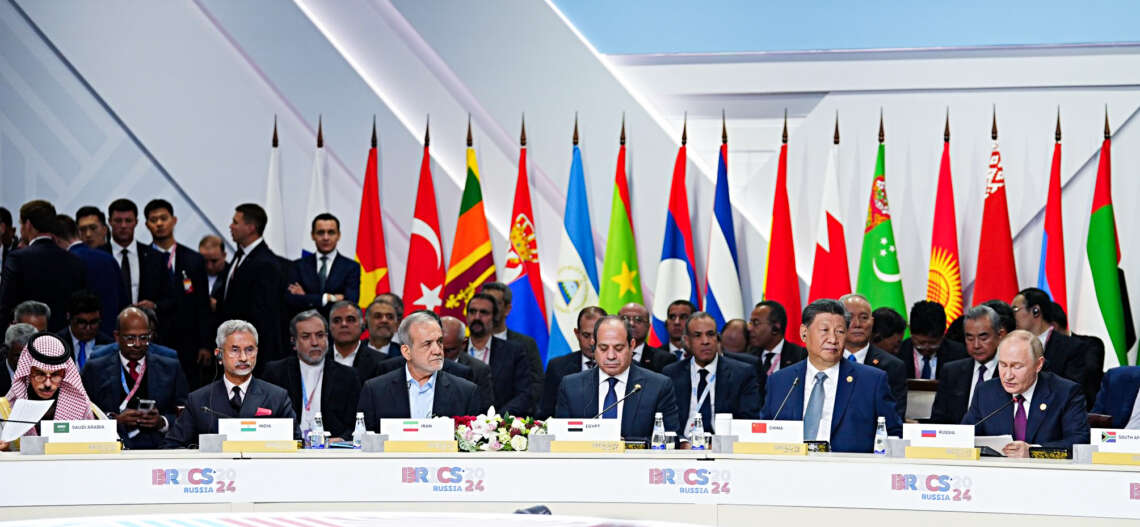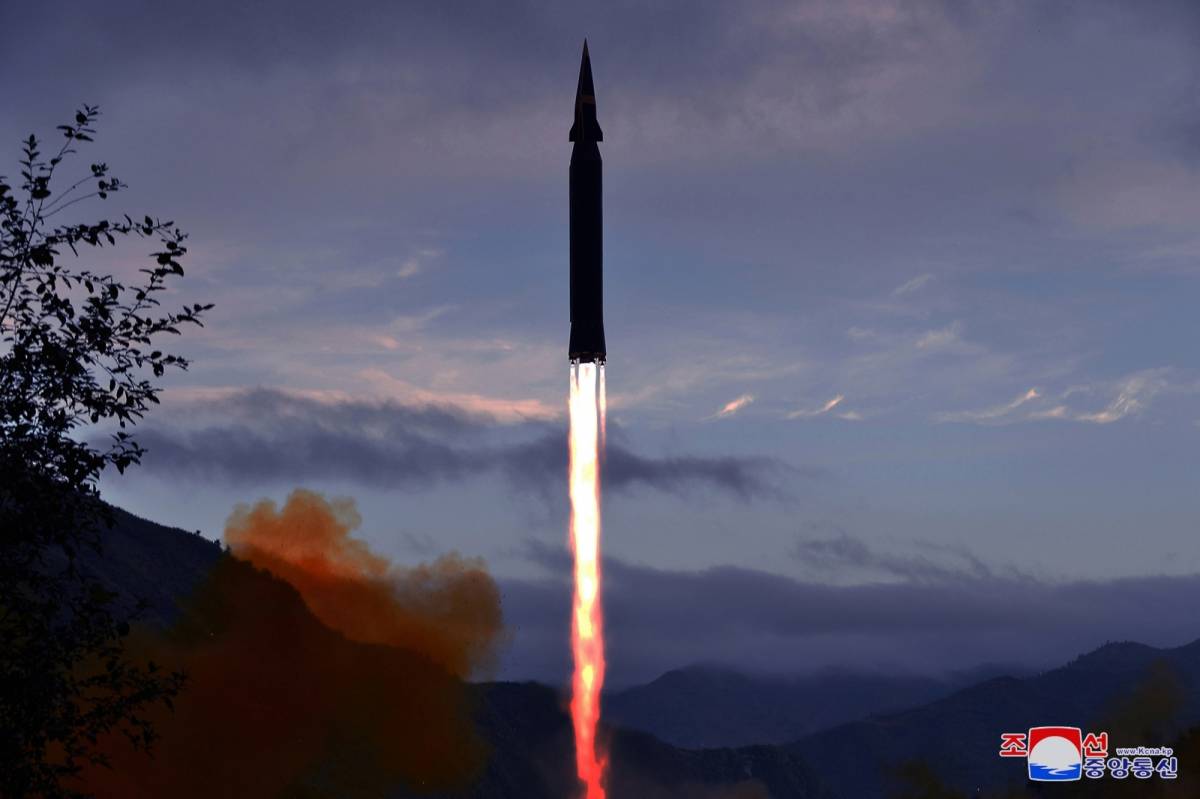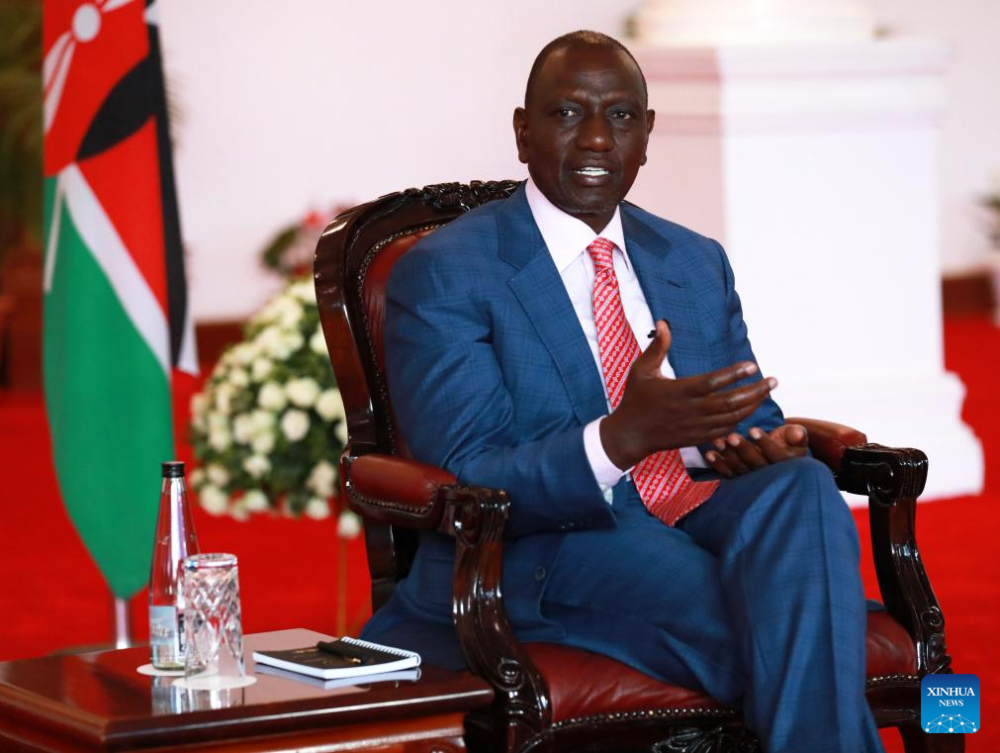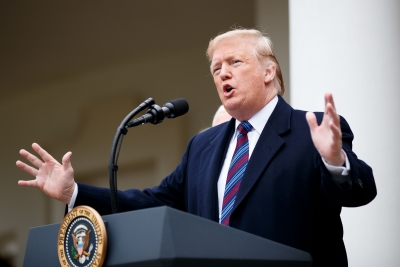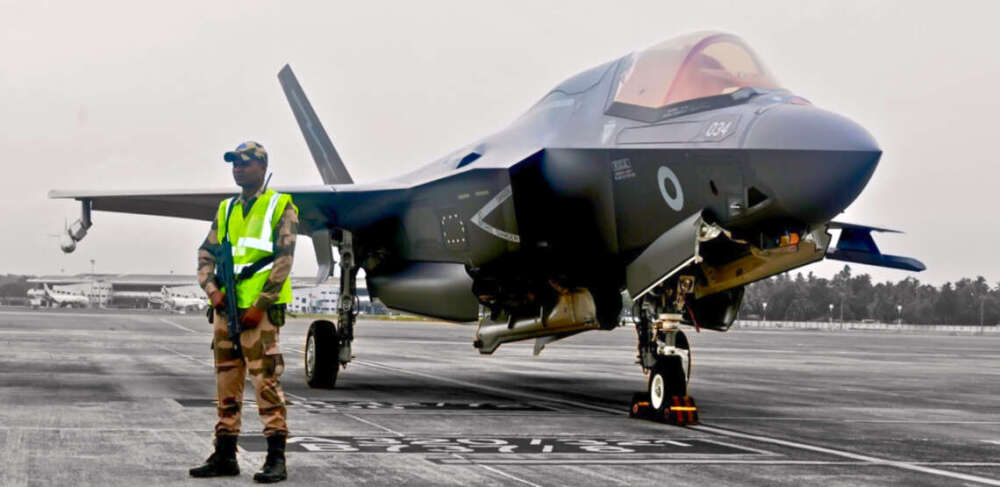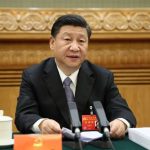The Chinese Communist Party, already one of the longest-ruling political parties (72 years) in the world, is determined to avoid the scrap heap of history….reports Asian Lite News
China is still learning the lessons from the collapse of the Soviet Union that happened in December 1991 to prevent the disintegration of the communist rule country under Xi Jinping.
Dr Laksiri Fernando writing in the Sri Lankan paper Sunday Island questioned What happened 30 years ago in the Soviet Union? Will it happen in China?
The Chinese Communist Party (CCP) has written thousands of internal papers, held study sessions and even produced a documentary about the downfall of its former rival and ideological cousin, wrote Rebecca Armitage in ABC News.
The Chinese Communist Party, already one of the longest-ruling political parties (72 years) in the world, is determined to avoid the scrap heap of history.
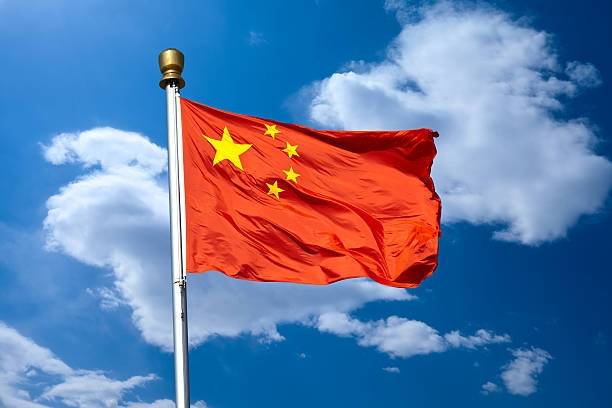
“Why did the Soviet Union disintegrate?” Chinese leader Xi Jinping asked party officials in a leaked speech in 2012.
The CCP has made a bid to outlive the Communist Party of the Soviet Union. China has learnt three lessons from the Soviet Union collapse – Embrace capitalism with Chinese characteristics; Avoid Glasnost and Watch the periphery.
By embracing capitalism, China has undoubtedly been able to develop the economy and lift millions of people out of poverty. However, it appears that the younger generations are different, reported Sunday Island.
Because of these economic developments, income gaps have widened and a rich business class, with connections to the communist party, has emerged.
Corruption, perhaps surpassing that of the Soviet Union before its collapse, is also a major ailment in China. China is also allowing big companies, including state companies, to exploit and cheat small and poor countries in Asia and Africa. Sri Lanka probably is one victim. These must be the Chinese characteristics of capitalism! said Fernando.
Many Chinese leaders consider Glasnost as the main reason for the Soviet collapse. After decades of censorship and secrecy, Gorbachev said the time had come for increased government transparency and freedom of expression, said Armitage.
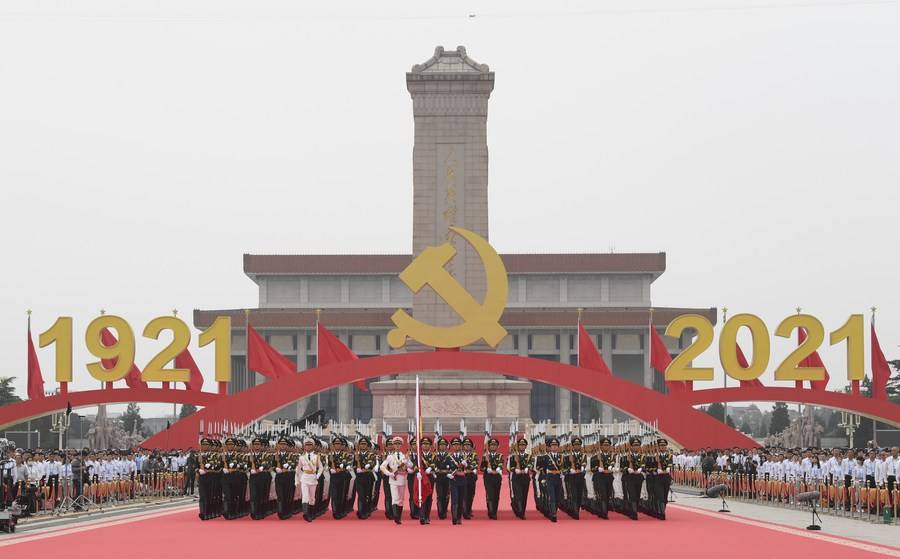
People who were in power, particularly in the name of ‘one party, one class,’ conveniently went for secrecy and censorship.
China should learn that lesson, not the opposite. It is that opposite that China is now implementing in Hong Kong where there were freedoms and democracy before. This effort can easily boomerang on China, said Fernando.
Chinese leaders today strictly control the circulation of information in China. State laws and technology are used for this purpose with a ‘Great Firewall.’ The COVID-19 pandemic is also used for this purpose.
The third consideration is the periphery. At its peak, the Soviet Union was the world’s largest country, making up nearly one-seventh of the Earth’s land surface. However, within the behemoth nation were 15 dramatically different republics, dozens of ethnicities, languages and cultures, reported ABC News.
China is very sensitive about the situation. In the case of China, the centralised thinking is far beyond the Soviet Union, given the country’s Asiatic despotic history.
In contrast, Beijing has tried to keep regions on the periphery — Taiwan, Hong Kong, Xinjiang and Tibet — under increasingly tight control, said Armitage.
Huge protests in Hong Kong in 2019 were derided by a top Beijing official as having “‘obvious characteristics of a colour revolution”.
The contrast between the Soviet Union in its dying days and modern China could not be starker.
China can be considered more ‘homogeneous,’ compared to the Soviet Union. In the Soviet Union, the diversity was enormous. But Tibet and Xinjiang are different. Taiwan and Hong Kong are more different in a different manner. This is disregarding differences between Cantonese and Mandarin speakers, said Fernando. (ANI)


